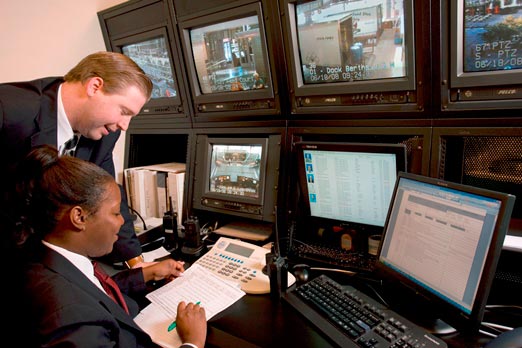
Standardization of healthcare protocols and procedures is an established practice that helps create a safer and more affordable patient culture. Today, the standardization trend is expanding as healthcare facilities nationwide are realizing the benefits of creating uniformity in non-clinical services including physical security services.
Why are more healthcare institutions opting to streamline and centralize their security officer services? Consolidating security providers delivers consistency and improved service as everyone is functioning under the same management structure and working toward a common goal. Health systems can experience cost efficiencies, increased value and a stronger, better coordinated approach to security that leads to enhanced patient and staff satisfaction.
There are many benefits for healthcare institutions opting to streamline and centralize their security officer services:
-
Cost savings with increased value and best practices
-
Lean management structures favor controlled outsourcing
-
Consistency breeds confidence
-
Positive patient experiences
-
Freeing up valuable square footage
-
Raising the bar on customer service
-
Preventing workplace violence
As many healthcare companies add acute care hospitals, behavioral health centers, surgical hospitals, ambulatory surgery centers and radiation oncology centers, they should consider leveraging their size to gain value and operational efficiencies while creating safer and more secure environments.
What do you think: Have you experienced an expansion in the standardization trend, and how has it affected your organization?
 About the Author
About the Author
Ken Bukowski is the Vice President of Vertical Market Business Development for Allied Universal. He focuses on developing innovative solutions to address budget compression, workplace violence prevention and enhancing the client experience.









